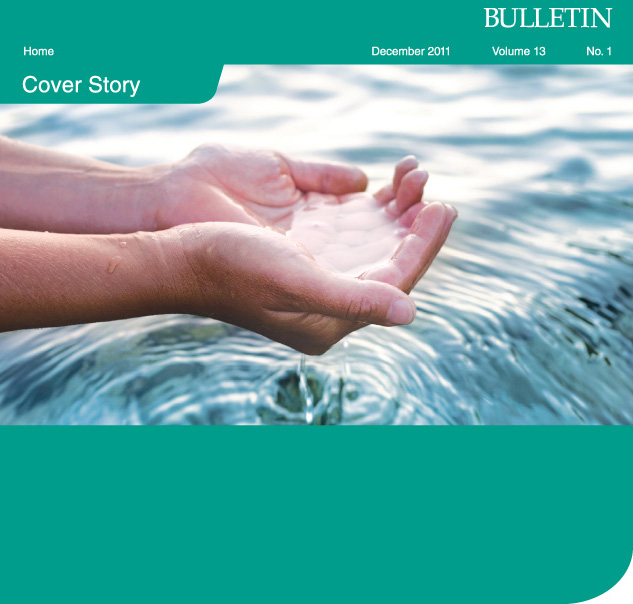
|
Life sprang from water and water is essential to sustaining that life. Yet all over the world, in fresh waters and the seas, human activity is putting our waters under enormous stress with consequences for people, animals and the environment. Scientists at HKU are contributing to the global effort to understand the threats and address them. The following pages offer examples of their work – an international map of freshwater degradation; studies on the elusive Chinese white dolphin, the deep sea impacts of climate change, and the perils to the shellfish's ability to form shells; a new tool for measuring water pollution; and an effort to understand and change people's attitudes to the sea. Uniting these efforts is a commitment by the University to support environmental research. A Strategic Research Theme has been set up on managing water resources and we have an Area of Excellence, the Centre for Marine Environmental Research and Innovative Technology. Many of our scholars in science, engineering and geography are trying to find solutions to the menaces that endanger our waters and the habitats they support. Our common goal is to avert a disastrous fate for this essential fluid. |
| Next | ||